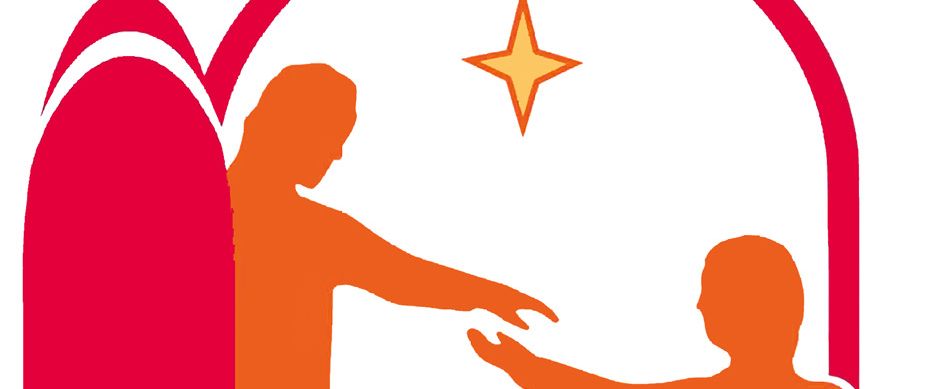THE WORLD Day of the Poor, instituted by Pope Francis last year at the conclusion of the Extraordinary Jubilee of Mercy, falls this year on Sunday, November 18. Pointing out that this day could be “a small answer which the whole Church gives to the poor of every type and in every land,” Pope Francis underlines that “often it is the case that cooperation with other enterprises, moved not by faith but by human solidarity, enable us to give assistance which by ourselves would have been impossible.”
Though this commemoration is a formidable novelty, in actual fact the connection between the announcement of the Gospel and love for the poor is as old as the Church itself, and evidence of this can be found throughout its history.
There are many passages in the Gospels in which we hear of how Jesus helped poor people of all types, showing them love and compassion. The verse, however, that has been one of the most influential and meditated upon in the history of the Church is contained in Chapter 25 of Matthew’s Gospel. In his last teaching before the anointing at Bethany and the Last Supper, Jesus clearly affirms that access to eternal life is based upon our relationship with our neighbor, especially the poor, “Truly I say to you, whatever you did for the least of these my brothers and sisters of mine, you did for me” (Matthew 25:40).
With these words the Lord is telling us that we meet him in the poor– not a reminder of him, not a symbol of him, but Jesus himself, face to face, hungering for our love, thirsting for our kindness, waiting to be clothed by our compassion.
The Catechism of the Catholic Church teaches us that the Church’s love for the poor is part of its constant tradition. Paragraph 2444 explicitly states, “This love is inspired by the Gospel of the Beatitudes, of the poverty of Jesus, and of his concern for the poor.” And it even goes so far as to say that one of the “motives for the right and duty to work is so that those who work can give to those who are in need.”
The theme chosen for the Second World Day of the Poor focuses on a verse from Psalm 34, “This poor one cried and the Lord heard.” In his message for this day, written on the 13th of June, the Feast Day of St Anthony, the patron of the poor, Pope Francis says, “We can ask ourselves how this plea, which rises to the presence of God, can fail to reach our own ears, or leave us cold and indifferent. On this World Day of the Poor we are called to make a serious examination of conscience, to see if we are truly capable of hearing the cry of the poor.” And he concludes his message with these words: “On this day, may all of us feel that we are in debt to the poor because, in hands outstretched to one another, a salvific encounter can take place to strengthen our faith, inspire our charity and enable our hope to advance secretly on our path towards the Lord who is to come.”
It was precisely for the purpose of answering the cry of the poor that many years ago we friars of the Basilica of St Anthony set up St Anthony’s Charities. With the great and essential help coming from the readers of this magazine we have managed to set up many successful solidarity projects which have alleviated situations of extreme poverty and suffering in developing countries.
This year we have invited you to contribute to a project in Ecuador. In 2016 a devastating earthquake destroyed most of the homes of the villagers living deep in the Amazonian rainforest. We would like to build simple bamboo homes and give these remote communities a new lease on life in St Anthony’s name. If you have not already done so, you may contribute to this project through the form on the reverse side of the address label carrier of the magazine.
Since the publication of the first issue of our magazine in 1898 (exactly 120 years ago!) compassion for the poor has been one of our major concerns. The unknown friar who wrote the first editorial stated, “In this bulletin we friars of the Basilica will keep readers informed of those works of charity which are so dear to our hearts. If we did not do this, our periodical would fail in its main purposes…”
One hundred and twenty years have passed since these words were written, yet today I cannot but make his words my very own.




